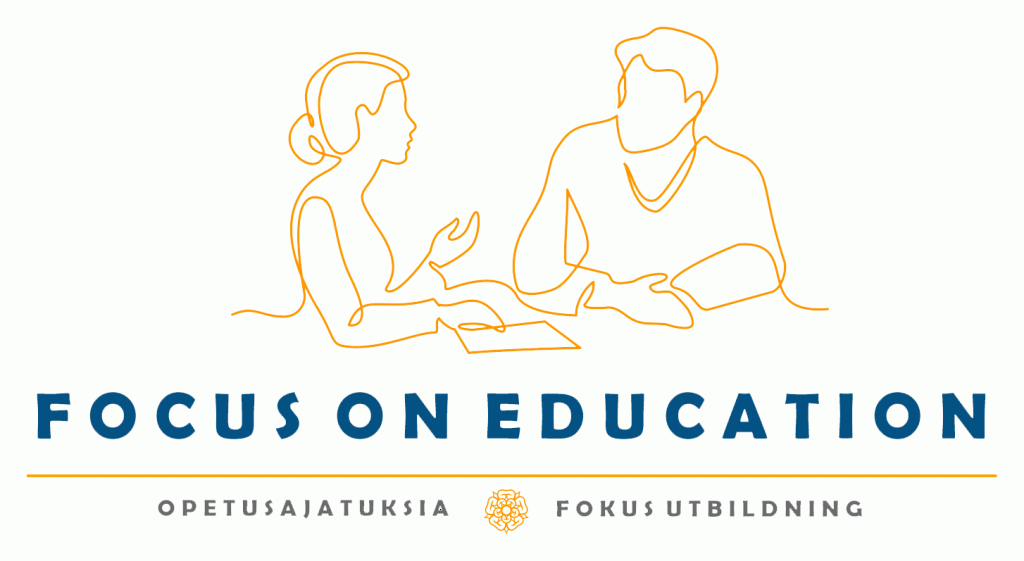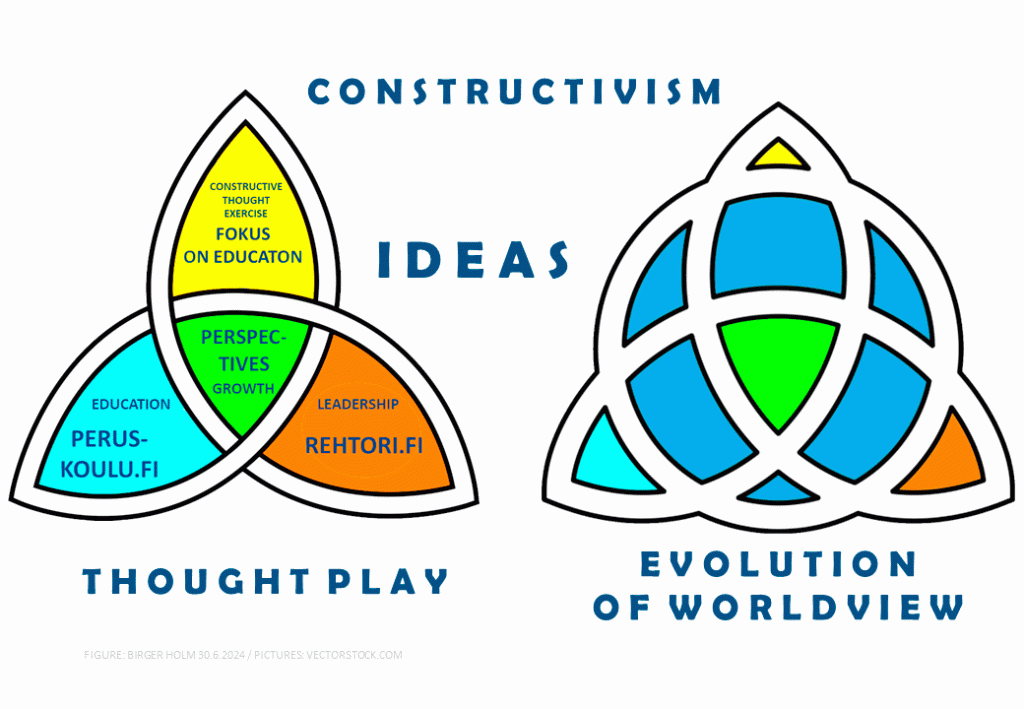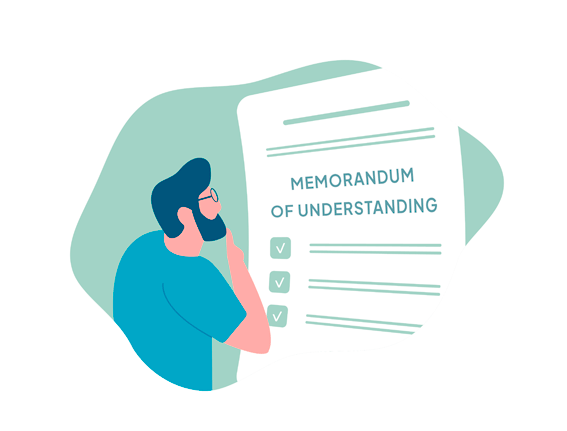
1. Teaching Reflection as a Leisure Hobby and Project
The focus on education is a leisure hobby and project, where the production of information is referred to as teaching reflection. It is a constructive mental exercise. The motivation to produce, publish, and delve into teaching reflections stems from humanity’s need for knowledge.
The Focus on Education project is temporary. The goal of the project, which started in the summer of 2024, is to last for ten years and conclude in the summer of 2034.
2. Results of Teaching Reflection: Realistic Conceptions and Educational Ideas
The outcomes of teaching reflection are reality-based conceptions known as educational ideas. The results of these reflections are presented on the websites peruskoulu.fi and rehtori.fi. ”Peruskoulu” means basic school and ”rehtori” is principal in Finnish.

3. Websites peruskoulu.fi and rehtori.fi: Dissemination of Educational Thoughts
The purpose of peruskoulu.fi is to share and create perspectives on education and upbringing that stimulate the development of comprehensive education in Finland. Its goal is to support the meaningfulness in the work of education professionals and professional learning communities developing their own work and schools.
The purpose of rehtori.fi is to share and create perspectives on education, development, and the management of teaching and studies from the perspective of personal understanding and self-leadership. The target audience of rehtori.fi includes education professionals and professional learning communities developing their work and schools. Rehtori.fi is specifically intended as an inspiration and knowledge source. Due to their influence on school work, the target audience also includes administrative leaders and personnel within school administration.

4. Shared Leadership in School Community: Involving All School Workers
In the spirit of shared leadership, the management of school work is considered to belong to all school workers: teachers and principals, as well as students. In educational ideas, school work is viewed not only as teaching and school administration but primarily as learning and development through studies. In the entire school learning community, every school worker is in a learning position.
5. Role of School Leadership and Delegation of Responsibilities
Administrative school leaders and administrators who work without direct daily interaction with pupils and teaching in the school units are not considered school workers. Responsibilities related to the management of school work may be delegated to school principals, but rarely to teachers.
6. Politics and Perspectives on Primary School Development
The websites peruskoulu.fi and rehtori.fi do not represent comprehensive schools or principals. They are private and present and treat only perspectives deemed worthwhile by their publisher. However, in discussions about basic school and its development, it is not uncommon to present personal opinions as universally valid truths. Developing comprehensive school at a systemic level is political and has characteristics of politics. Even the systems in place considered the best have significant flaws. As societal systems they are the result of historical processes. Basic school is not exempt from biases caused by its formation process, and some of the models and viewpoints presented on the peruskoulu.fi site aim to highlight basic school from this perspective. However, educational ideas primarily focus on practical school work and its management. Comprehensive school is viewed as an institution worth defending based on its fundamental principles.
7. The Power of Knowledge and People’s Perceptions
The thoughts and perspectives published have only as much power over the reader’s and viewer’s worldview as they choose to give them. However, people’s perceptions of reality influence the knowledge they act upon and how they change themselves, the surrounding community, and the world.


8. The Creative Impact of Play on Development and Culture
Although educational ideas are rooted in play, play is a creative act, and creation is integral to development and cultural progress. So, if you want to develop education, upbringing, leadership, school culture, and especially yourself, why not play with the imperfect thoughts on the websites peruskoulu.fi and rehtori.fi? Perhaps you will find there inspiration that encourages you to complement or challenge your worldview.
BH 3.7.2024
